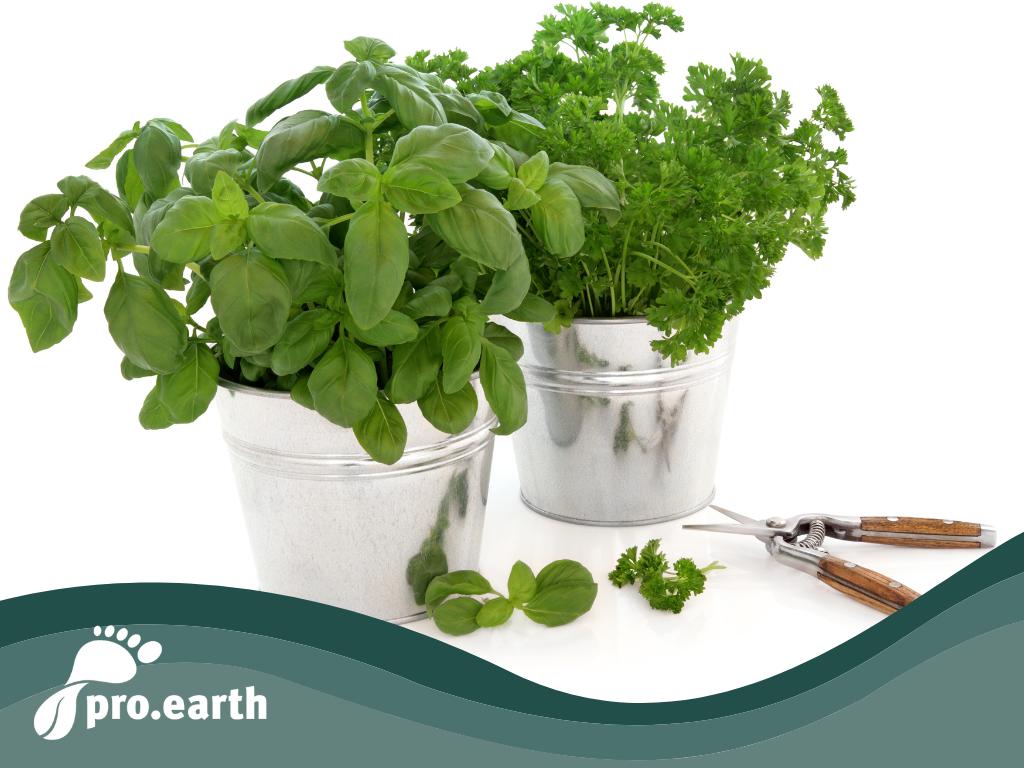How contaminated with pesticides are commonly available kitchen herbs?

The Greenpeace market check was sobering to alarming, as 80 percent of the herbs tested failed.
The range of the five most common kitchen herbs in supermarkets, DIY stores and garden centers was tested - 20 different herbs from conventional and organic farming were tested for pesticides.
The result
Residues of 23 different spraying agents were detected in the 20 samples.
Even if all pesticide concentrations were below the respective limits, the high multiple contamination is alarming.
More than 20 percent of the samples contained residues of five or more pesticides. These included the bee killer deltamethrin and the pesticides carbendazim and chloridazon, which are not authorized in the EU.
"It is shocking that even plant toxins that are harmful to bees have been found on potted herbs. Flowering herbs attract bees, bumblebees and the like, which then poison them with pesticides," says Melanie Ebner, agricultural spokesperson at Greenpeace.
Greenpeace classifies the overall exposure to the high number of different pesticides as very worrying. In addition, interactions between pesticide substances have not yet been sufficiently researched.
What should you look out for when shopping?
Greenpeace recommends using organic herbs.
The Greenpeace market check shows that 43 percent of herbs on the market are organic.
However, fresh, cut herbs in organic quality are not available in any of the retail chains tested - probably for a reason.
The European Commission's current legislative proposal "Sustainable Use Regulation" aims to reduce the use of chemical pesticides across the EU by 50 percent by 2030.
"The EU Commission is taking an important first step with this legislative proposal. Agriculture Minister Totschnig must abandon his blocking stance and stop playing off the protection of our biodiversity and agriculture against each other. Because sustainable agriculture can only work with nature, not against it," demands Ebner.
Click here for the Greenpeace market check.






